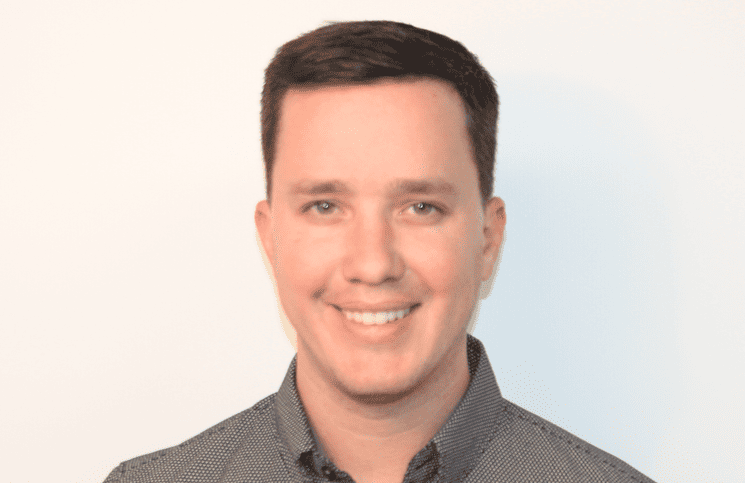Some agents feel sad and helpless when their clients are priced out of the real estate market but by using a new Toronto-based start-up called Willow, agents can help their clients invest in commercial real estate until they can afford to buy their own home.
The platform democratizes investing in commercial real estate, “taking it from the realm of the top one per cent of wealthy investors and breaking down the barrier to allow all Canadians across all ages and incomes to access commercial real estate portfolios,” says Michael Gruenstein, Willow’s VP strategic partnerships. Investors buy slices of the real estate pie.
Fractional ownership is not a new concept. What makes Willow different is that it is regulated, transparent, accessible and has low fees. “Willow is registered with the Ontario Securities Commission and is the first registered real estate investing platform in Canada,” he says.
Fifty per cent of each property is mortgaged and the other 50 per cent is split into 100,000 units, which are made available to investors. There is no minimum purchase. Approved investors use a mobile app to make their purchase or sell their slice. The company has produced a short video to explain the process.
Each transaction costs $4.99. There is a 0.5-per-cent management fee and a one-per-cent property acquisition fee.
Before it was launched on Jan. 31, there were 10,000 people on the waiting list. CEO/founder Logan Yergens says it’s sometimes hard to be first on a new platform and that users may want validation. However in the first six weeks, Willow already had 3,000 clients and is onboarding more clients every day, he says.
For now, there are two properties from which investors can choose, or they can invest in both.
A Queen Street property (share price: $36.06 *) in downtown Toronto has retail on the main floor and residential units on the second and third levels.
An Ottawa site (share price: $12.56 *) is leased by Scotiabank and is in an up-and-coming area near a transit line. In the future, possibilities include demolishing the existing structure and building condos.
Gruenstein says, “We employ three strategies: stabilized, value-add and ground-up development. We always look to highest and best use for any/all investments.”
The beauty of this method over real estate investment trusts (REITs) is that Willow allows investors to create their own custom portfolio from its commercial properties (industrial, multi-residential, office, retail, mixed use and warehouse) across the country. Willow is not buying single-family homes because it doesn’t want to make it harder for first-time buyers to find homes, Yergens says.
Investors receive monthly income that they can re-invest into more properties or take it out whenever they’d like.
“They receive income every month and earn the benefit of further investment, just as most wealthy investors have done,” Yergens says. “It’s exciting.”
He says Willow does all the work: it buys the property, obtains all the financing, handles property management and puts the buildings on the site for potential investors to see. Statistics include what percentage of the shares have been sold and share prices.
“It’s a transparent, white-glove service,” Gruenstein says.
In addition to cash-strapped younger buying hopefuls, it’s also great for seniors with money on the sidelines but who don’t want to go through the hands-on process of buying and managing a rental property.
“We have a wide range of investors. The average is 37-years-old but there are many 18-year-olds across the country. The oldest is 78,” says Yergens. “The concept is ground-breaking in Canada.”
All of the documentation (tax forms, statements) are in each investor’s account profile. Monthly earnings are deposited into the investor’s Willow wallet.
Willow maintains a reserve to cover repairs.
Properties are selected by an investment committee that includes independent advisors and seasoned real estate professionals.
About a dozen properties from across the country are being vetted and will be added to the site in the coming months.
Yergens, the son of a multi-generational farmer father and a mother working in finance, attended under grad university in Montreal. He says he moved to Toronto to work on the investor side of the market. He was interested in new technology and blockchain protocol and looked at new ways of co-ordinating ownership of assets. “Fractionalized everything is common in that sphere” so why not extend that to real estate, he says. He also wanted to make real estate investment accessible for all.
Trainer Dale Carnegie said over 90 per cent of millionaires make money in real estate, but in traditional form it requires a large capital outlay. Yergens decided to create a different way to get into the real estate market. Shares would be affordable and the process would be easy and transparent and regulated to protect investors.
He shared his idea with his bosses, friends and their families and raised $150,000. Then COO Mike Hibberd and CTO Ray Johannsson were brought on board. Then there was three years, four rounds of financing and 15 months to get through OFC regulatory processes.
Willow is now working to get the word out, to inform, educate and build trust, says Yergens. “We’re making good strides.”
As agents know, land only gets more valuable, he says. “Owning real estate is a great way to develop a passive income source.” Willow offers a way for people to get on to the property ladder.
Willow is offering agents a referral fee. For details, visit willow.ca
- This story was changed from the original version because the share prices changed between the time the interview was conducted and the publication date
Connie Adair is a contributing writer for REM.















